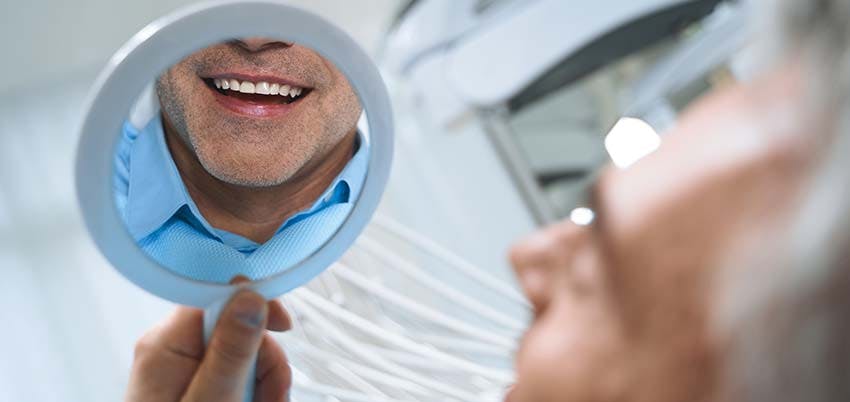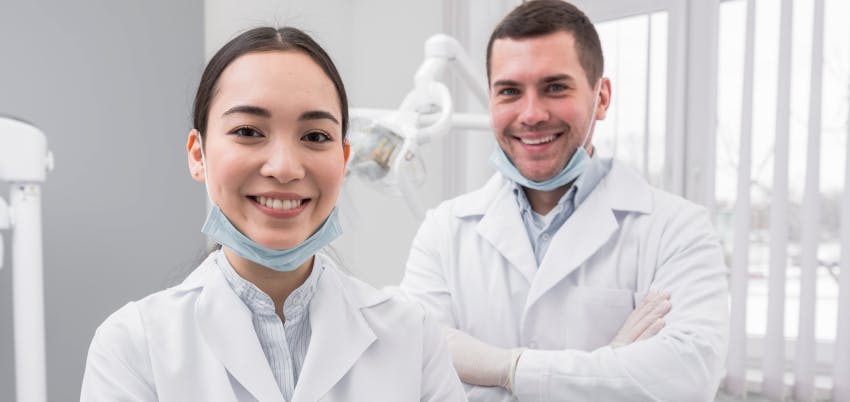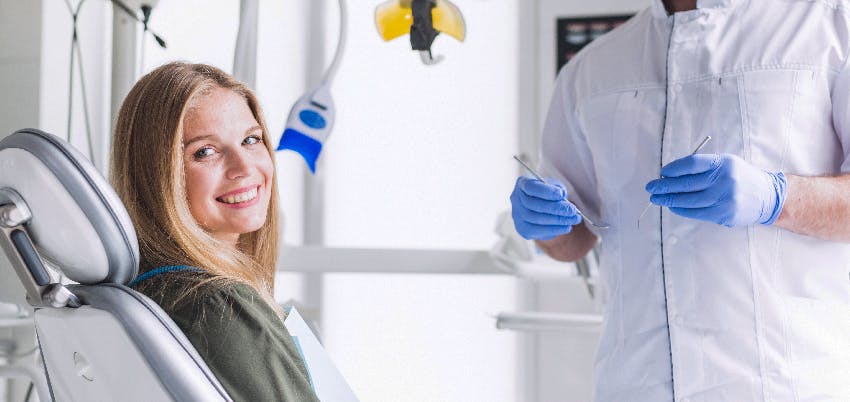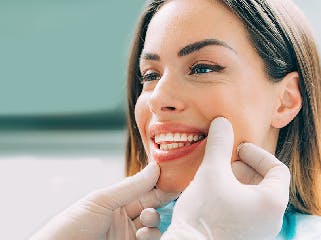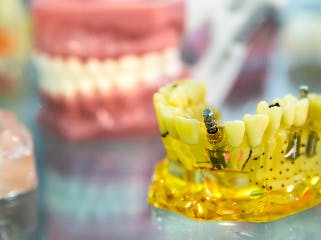
Bad breath - Is it a disease or an indicator of it?
by Wildsmile
Bad breath, or halitosis, is a condition that produces an unpleasant smell inside the mouth and that, when the person speaks, it spreads and is perceived by its interlocutors. A common mistake is to believe that the solution is to resort to mouthwash, menthol candies and chewing gums. Part of the responsibility for this to happen is the publicity that tells us half the truth: that bad breath can be eradicated for up to twelve hours thanks to these products. However, none of them attacks the true cause, which may be more serious than it seems and it is convenient to treat it at the root.
1 - Causes and symptoms of bad breath
The causes of bad breath are diverse and varied. Some are as simple as poor oral hygiene, while others may refer to diseases of the internal organs:
Poor oral hygiene: not performing a brushing when getting up and after each meal, as well as omitting the use of dental floss, allows the proliferation of bacteria in the spaces between the teeth on its surface and lateral faces. When they reproduce, the bacteria form the bacterial plaque and, in addition to exposing you to periodontal diseases, produce ml breath. A su vez, la lengua también es un terreno fértil para la proliferación de las bacterias. Por ende, hay que cepillarla a diario.
Foods: some foods are well known for generating bad breath, as with garlic and onions. A characteristic to take into account of them, is that the unpleasant smell comes from the lungs, since these receive the blood with the components of the food, which causes that, when exhaling, the air already comes with the smell. For this reason, brushing your teeth is a solution that will last only a few minutes. On the other hand, certain foods, such as double cream, especially when taken hot with coffee, irritate the liver and stomach, which causes momentary bad breath.
Smoking: In addition to the characteristic smell of tobacco impregnated in the oral cavity, smokers develop a propensity to develop gum disease, which is also a source of bad breath.
Alcohol: alcoholic beverages, either by irritation of the digestive system they produce or by its own fermentation, generate temporary halitosis.
Dry mouth: Saliva is a great remover of oral bacteria. Por lo general, ocurre durante el sueño, en especial cuando se duerme con la boca abierta y boca arriba. This condition explains the bad morning breath. However, when the person suffers from dry mouth disease, it is a chronic condition, so bad breath will be permanent.
Medicines: There are two reasons why certain medications produce bad breath: because they dry out the mouth and because they release certain chemicals into the bloodstream that produce bad breath.
Mouth infections: tooth decay, gum disease or circumstantial wounds, such as sores or post-surgical wounds, usually cause this condition.
Diseases of the digestive system: gastritis, stomach ulcer and certain types of cancer generate halitosis.
The only symptom of bad breath is the unpleasant smell that comes out of the mouth when it is spoken or when we exhale. The funny thing about bad breath is that many people claim to have it when it isn't, while others ignore it, but they do.
2 - Consequences of bad breath
Bad breath in itself, only presents the consequence of generating shame and shame in the person who suffers. However, the most serious consequences are those that can cause the causes of bad breath.
That is, halitosis leads the person to limit their social contacts, as well as the instances of socialization. The problem is not bad breath, but the cause of this, since if it is caused by gastritis and it is not treated, it can lead to an ulcer and is worse.
3 - Bad breath treatment
If bad breath is due to poor oral hygiene or ingested food, the solution is to perform deep hygiene daily (correct brushing and flossing), go to the dentist for a tartar cleaning once every six months and brush your tongue .
When it is due to food, it can only be avoided by not consuming such food, since there is nothing that can neutralize the smell of garlic, for example.
However, when halitosis is due to agents such as diseases or medications, we must turn to our doctor to treat the disease or ask for a substitute medication, if the latter is possible.
Another very useful recommendation is to change the diet to a healthier one. For example, eating vegetables regulates the pH of the stomach, which prevents the appearance of bad breath from stomach irritation.
If the problem that causes it is chronic dry mouth, chewing gum is recommended. It is important to clarify that it is not by masking the unpleasant smell that this measure is useful, but because chewing stimulates the salivary glands to produce saliva, which prevents bad breath from dry mouth.
Want to learn more about this?
Contact us
Your contact request is registered. We will contact you as soon as possible.
Lorem ipsum dolor sit amet, consectetur adipisicing elit. Adipisci alias aliquid amet commodi dolor, dolore doloremque dolores fugit quod repellat.
 ESP
ESP
 ENG
ENG

